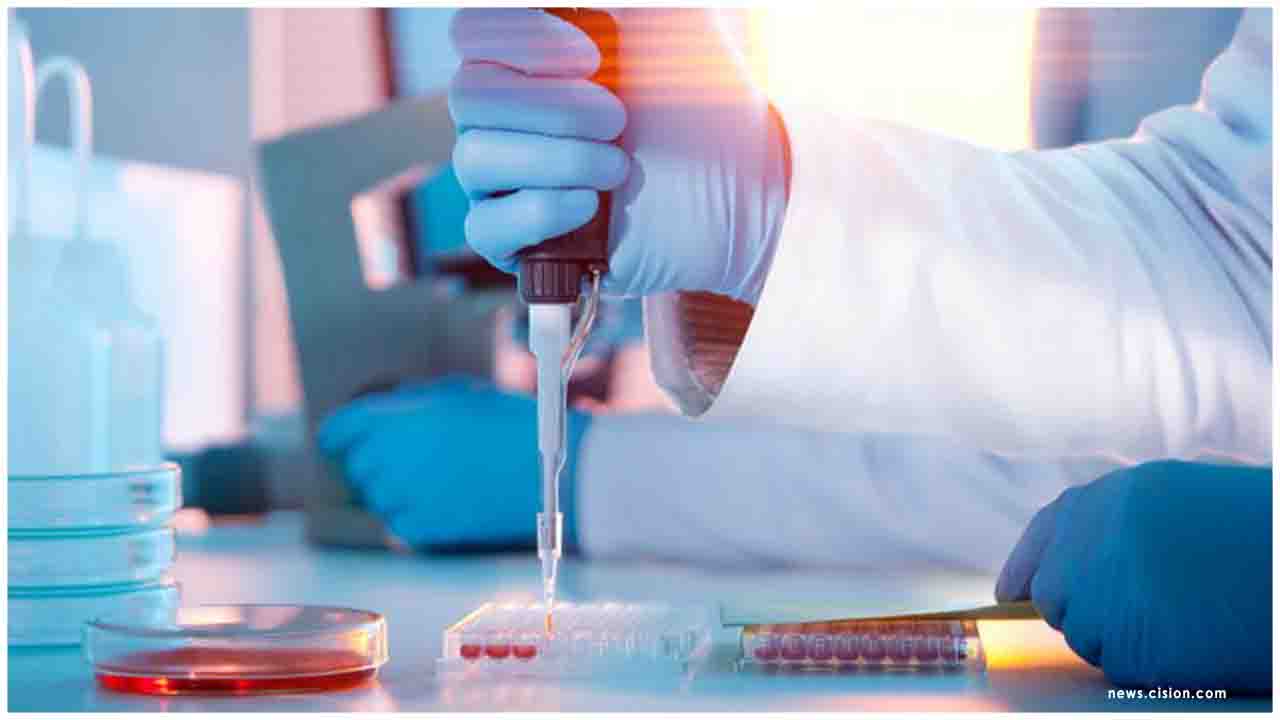Nordic Nanovector ASA announces that it has completed enrolment into the LYMRIT 37-05 Phase 1 clinical trial of Betalutin (177Lu lilotomab satetraxetan) in patients with relapsed/refractory diffuse large B-cell lymphoma (R/R DLBCL) not eligible for autologous stem cell transplantation (ASCT).
Eighteen DLBCL patients were enrolled into the trial at clinical trial sites in the US and Europe and were dosed with three escalating treatment doses of Betalutin (10MBq/kg, 15MBq/kg and 20MBq/kg). A preliminary data readout is expected in H1'2021.
As announced in April 2020, LYMRIT 37-05 will be paused pending analysis of these data, which is expected to inform plans for the further development of Betalutin in R/R DLBCL.
Nordic Nanovector's primary focus is the timely completion of the pivotal Phase 2b PARADIGME trial of Betalutin in 3rd-line follicular lymphoma (3L FL).
Christine Wilkinson Blanc, Chief Medical Officer of Nordic Nanovector, said: "The completion of recruitment into this dose-finding study in patients with DLBCL is an important milestone. DLBCL remains a significant indication with a large unmet medical need. The data analysis from this trial will form the basis of our considerations for the further development of Betalutin® in DLBCL and more broadly across non-Hodgkin's lymphoma."
The LYMRIT 37-05 study is a Phase 1 open-label, single-arm, dose-escalation study in DLBCL designed to determine the dose to be recommended for further studies in DLBCL and assess the safety, tolerability, pharmacokinetic profile and preliminary anti-tumour activity of a single administration of Betalutin.
DLBCL is an aggressive form of non-Hodgkin's Lymphoma (NHL) that accounts for 30% of all NHL cases. The number of diagnosed incident cases of DLBCL in the seven major markets (US, key five European markets and Japan) was 64,172 in 2018 and is expected to grow to 74,927 in 2028.
Approximately 40% of DLBCL patients relapse after first-line combination treatment with rituximab and chemotherapy. These patients have few therapeutic options, with high-dose chemotherapy and autologous stem cell transplant (ASCT) achieving long-term remissions in only a minority of patients. Relapsed DLBCL therefore remains a serious unmet medical need.

 Nordic Nanovector's primary focus is the timely completion of the pivotal Phase 2b PARADIGME trial of Betalutin in 3rd-line follicular lymphoma
Nordic Nanovector's primary focus is the timely completion of the pivotal Phase 2b PARADIGME trial of Betalutin in 3rd-line follicular lymphoma










.jpeg)











.jpg)








